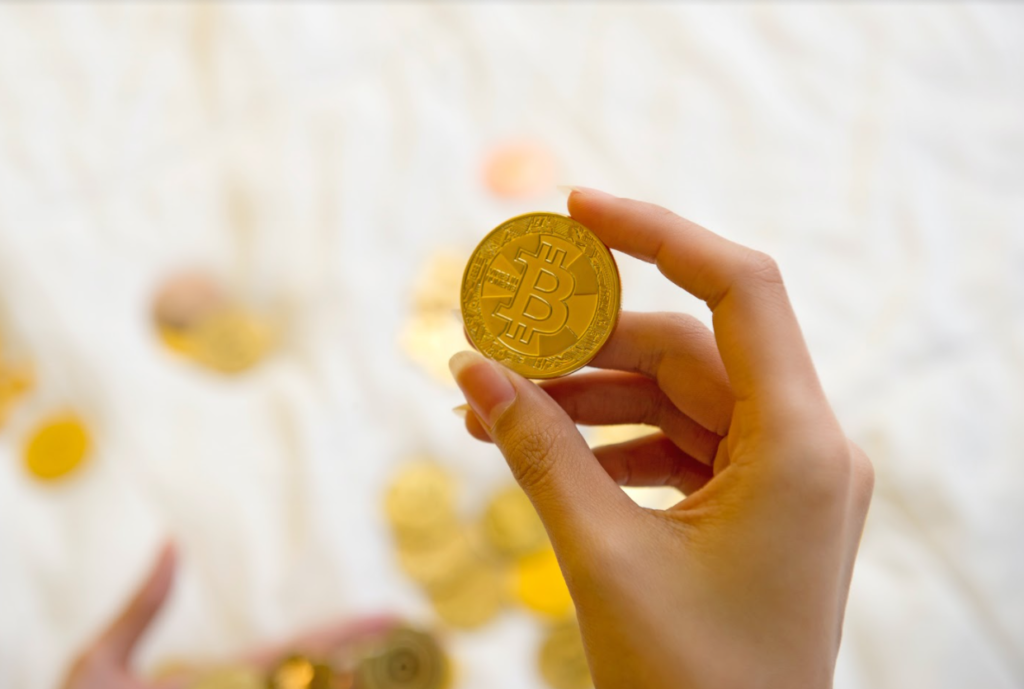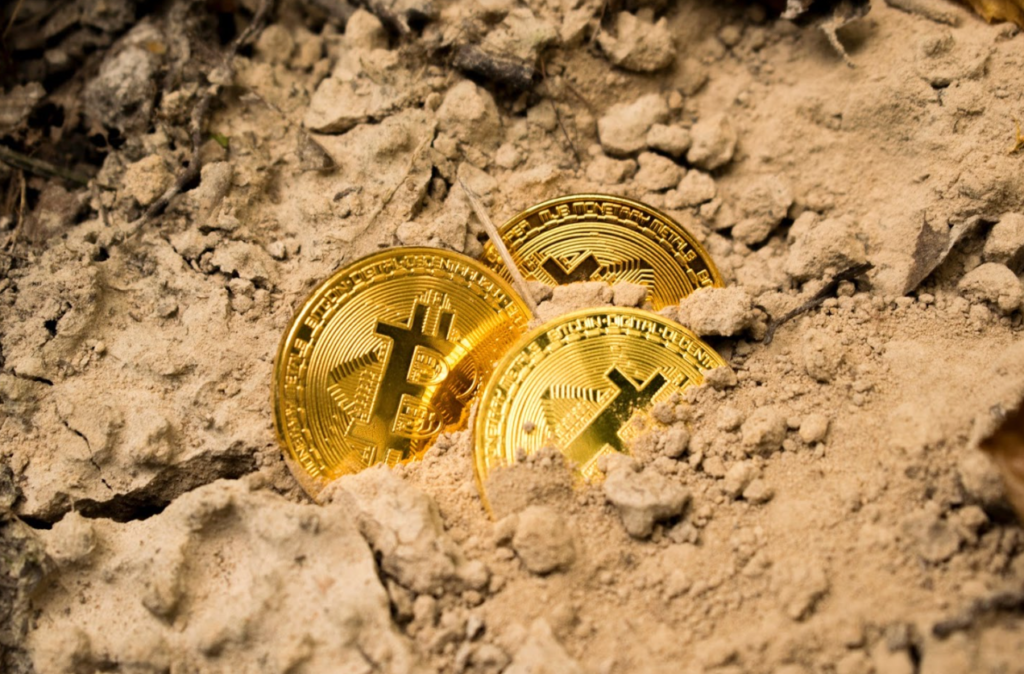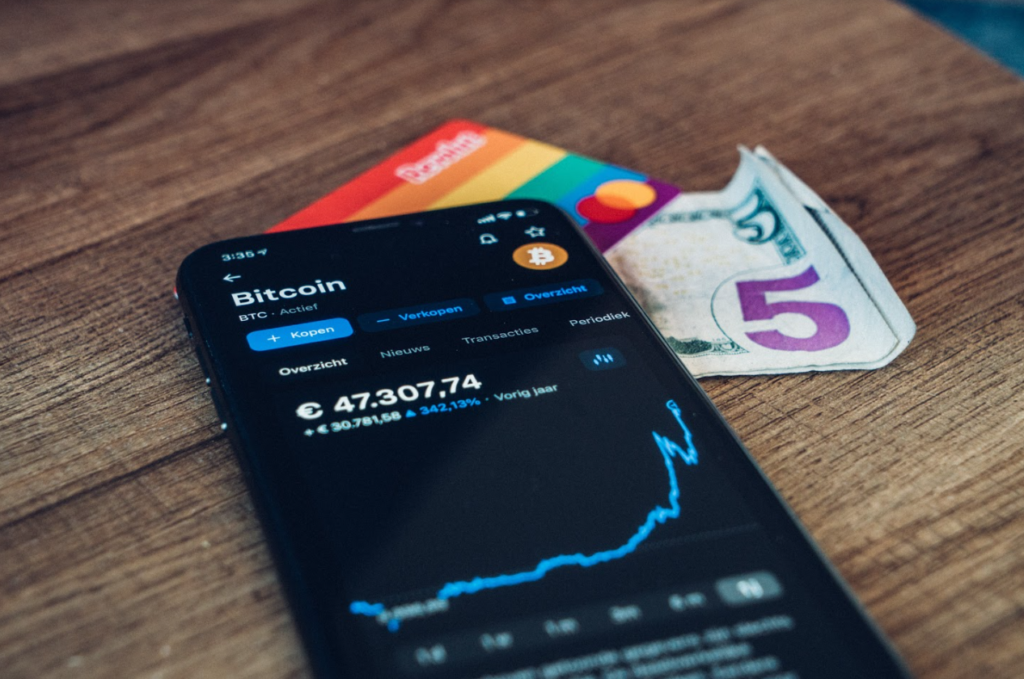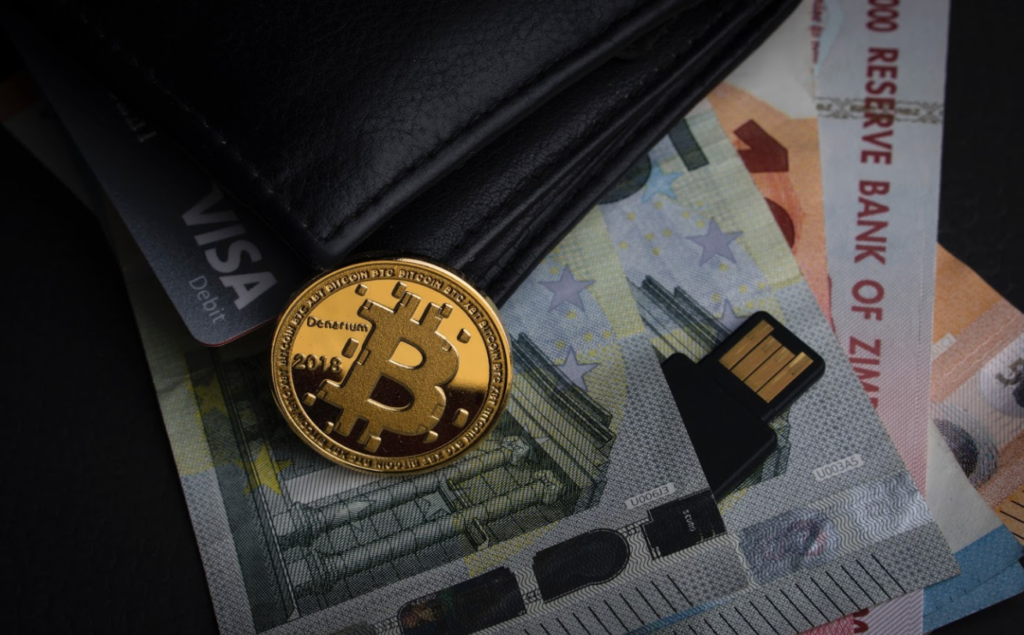What are cryptocurrencies? Our finances and our money have always changed. At first, people simply exchanged, then paid with gold and silver, later paid borrower’s notes and today we use cash or credit cards. What’s in the future? Will we then only pay virtually? The word cryptocurrency has haunted the media and the Internet for some time and leaves many a little perplexed.
Cryptocurrencies, crypto assets, virtual currencies … Call it what you want, because these words are different ways of referring to “a digital medium of exchange based on cryptography to secure digital financial transactions, verify the transfer of assets and control the creation of additional units”. Of course, blockchain technology, the one in charge of sustaining the system, could not go unnoticed here.
They are exchanged like any other traditional currency, but with a bonus: they are issued by private bodies and serve to transfer value just like those issued by governments and financial institutions.
Currently, there are more than 1,300 cryptocurrencies, they rise like foam, which makes this world a growing and powerful market.
There are already more than a thousand different cryptocurrencies. The best known and most important is Bitcoin. Using your example, we want to introduce you to the topic, show you how digital currencies work and what differentiates them from traditional payment transactions. Also, we will then introduce you to the blockchain as the basic technology of Bitcoin and discuss other cryptocurrencies.
Bitcoin – currency and payment system in one
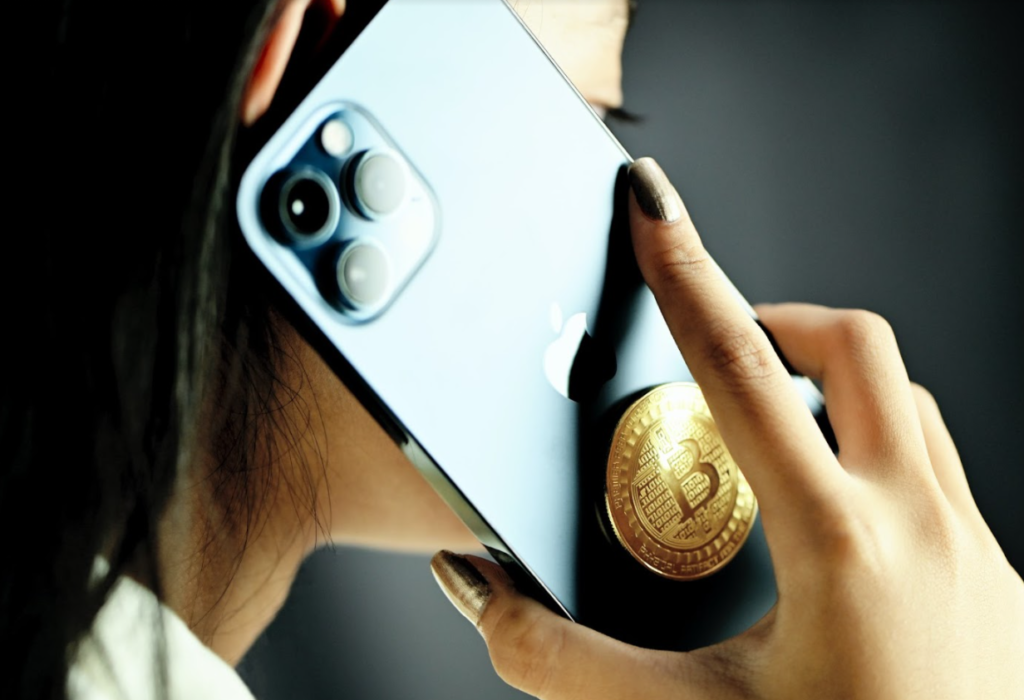
With classic currencies such as euros or US dollars, everything is neatly separated. On the one hand, there is the actual currency, whose coins and notes we use every day. Gold used to be behind these currencies to secure their value, today central banks and states guarantee their intrinsic value. On the other hand, there is the payment system through which transactions are made in these currencies. These are the banks and credit card companies that act as intermediaries between the parties involved and with whom the accounts are kept.
Both of these coincide with Bitcoin. On the one hand, it is a currency that is only secured by the trust that users have in the control function of a shared network. And at the same time, it is the network as a framework for action. Bitcoin is a purely digital monetary unit in an independent, self-sufficient, global, digital payment system that works “peer to peer”, i.e. from person to person, without the intermediary of financial intermediaries.
For this reason, bitcoins are not managed in a bank account like traditional currencies in traditional payment transactions but are stored in so-called wallets. These are digital wallets on the Bitcoin user’s smartphone or desktop computer, which means that no bank can block these digital wallets. Also, Bitcoin has other advantages: there are no transfer limits or maximum amounts for transactions and there are also no geographical restrictions. While it is difficult and expensive to transfer money to a country on another continent the traditional way, with Bitcoin this is not a problem. All you need is an internet connection and access to your wallet. For this reason, Bitcoin can also be an alternative for people who live in countries or under conditions that exclude them from traditional payment transactions via banks.
The separation of ASIC technology in mining allows for a much more secure blockchain. In this way, we opted for mining through graphics cards, which makes it possible to democratize mining within the reach of anyone.
Cryptocurrencies allow helping society in its access to financial resources, due to its economic independence with respect to banks, due to its speed, its high and secure computer technology, and because it creates the possibility for anyone to be a bank itself.
These virtual assets are born from the dream of a fairer world, creating a computer network that will put an end to speculation and the over-creation of values.
More and more stores accept payments with cryptocurrencies, especially large capitalization, which ensures prosperity to the crypto world.
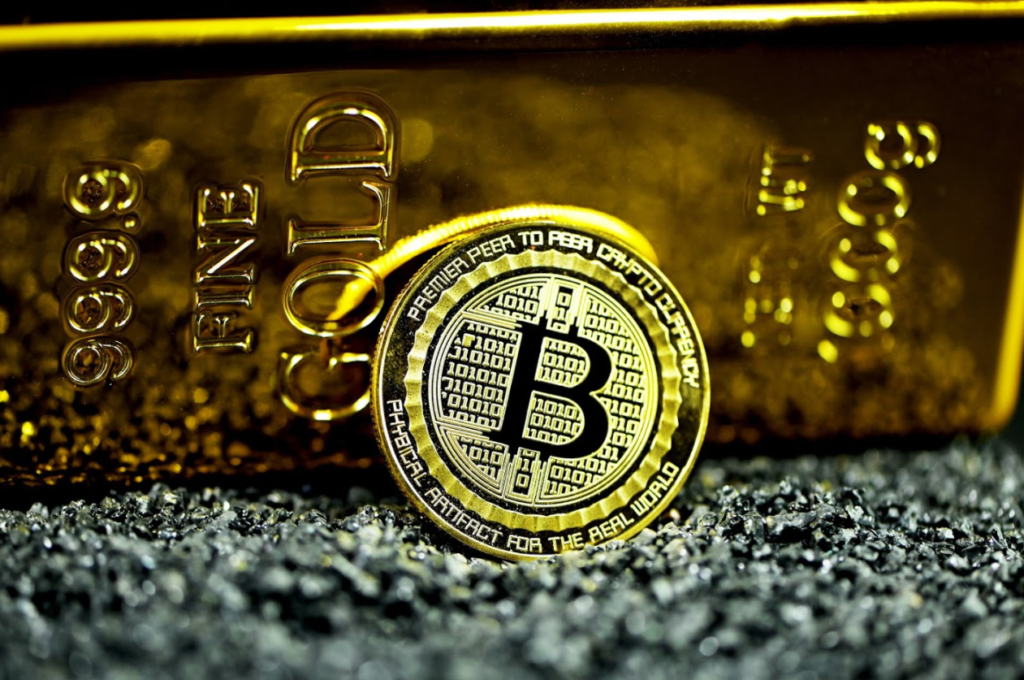
The value of these currencies is not exclusively related to the behavior of a certain economy but also depends on the commitment that users have to maintain their price, and on the usability that it has to transfer value, being able to serve the growth of the currency any type of international user.
Are you clear about what it means to mine cryptocurrencies? It is, nothing more and nothing less, than the process in which cryptocurrency transactions are verified and in which compensation is received for the effort.
Among the advantages of cryptocurrencies is their global vision (there is no place in the world where they cannot be accessed to carry out operations), they offer great opportunities to study the financial market to make a profit, they are decentralized and they achieve greater transparency in their operations thanks to the blockchain.
Although some people focus on pointing out the illicit nature of cryptocurrencies, from the point of view of money laundering, it is not a social threat, quite the opposite. The elimination of cash and registration in inviolable blocks makes cryptocurrencies the vehicle to end capital that moves outside the law.
It is an opportunity to reduce financial poverty, in a world in which the possibility of acquiring a bank account in many countries is remote or impossible, digital money would favor the accumulation of capital in a safe place and the transaction with the most disadvantaged.
Conclusion on the details of current cryptocurrencies
These are the most significant details of cryptocurrencies. We tell you about them, but only you decide what is the point of view from which you want to see them. Volatility, for example, is both a positive and a negative factor, like everything else, but only you decide where to put the focus.
Cryptocurrencies have brought a thread of fresh air to the traditional financial world, stagnant in traditional dynamics without innovation, going from physical currencies to assets of a digital and practical nature, from the mere link to a country, or groups of countries, to the global, from the issuance of governments to the offer through mining, from the injection into the economic system through securities and bonds to their direct introduction into the market.
In these times, technology can help control everything.



